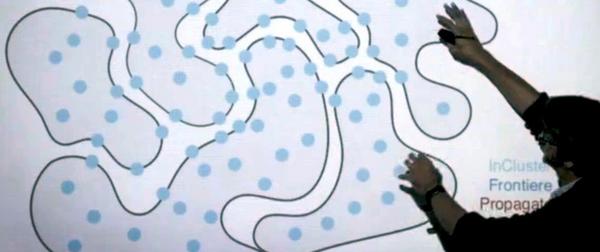
Short Presentation
I hold a full Professor position at the Bordeaux-INP engineering school and I am conducting my resarch in the Formal Methods group of the Computer Science Lab of Bordeaux (laBRI), University of Bordeaux, since September, 2013.
Since 2021, I am in charge of the Computer Science department of the ENSEIRB-MATMECA Engineering School, with more than 300 students in the department and more than thousands students for the whole school. The ENSEIRB-MATMECA is the largest engineering school member of the Bordeaux INP group.
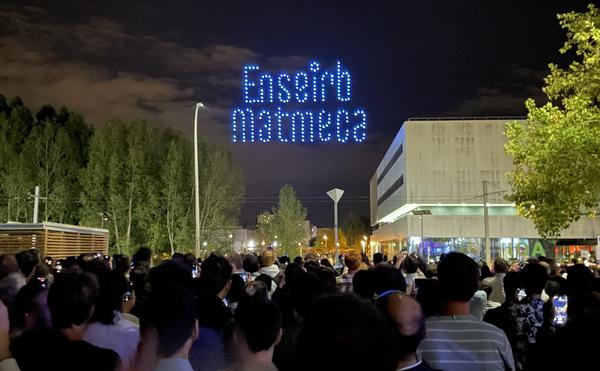
I am pleased to teach at the National Polytechnical Institute of Bordeaux, member of the national engineering school network INP). Of course, I’m teaching in the ENSEIRB-MATMECA engineering school, member of Bordeaux-INP, and in the computer Science department.
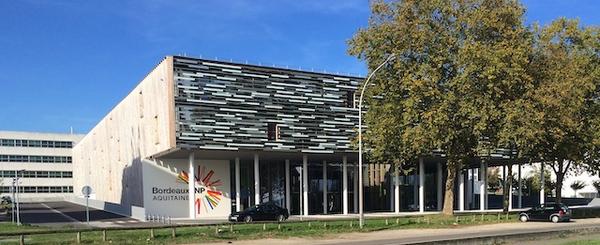
Amongst the important tasks I am involved in, I spend a lot of time with the following activities:
- In charge (with Akka Zemmari) of the Artificial Intelligence transversal axis of the LaBRI.
- Chair of an industrial chair, thanks to the Fondation Bordeaux Université, on trustworthy AI. This is an exciting project starting in septembre 2022 with a number of open internships and PhD grants. More news to come in the very next days.
- Chair of the R3AI Nouvelle Aquitaine, the regional scientific network on Artificial Intelligence
- Associate Editor (since 2021) of the JAIR journal, the Journal of Artificial Intelligence Research
- Chair of the French Association for Constraint Programming (AFPC)
- Editor of the Journal on Satisfiability (JSAT)
- Member of the editorial board of the french open journal on AI “Revue Ouverte d’Intelligence Artificielle”,
- Responsible of two national projects (ANR-Blanc) on SAT (< 2020)
(Previously, I was member of the LRI laboratory in the University of Orsay Paris 11, in the Artificial Intelligence and Inference System group (IASI))
Research Topics
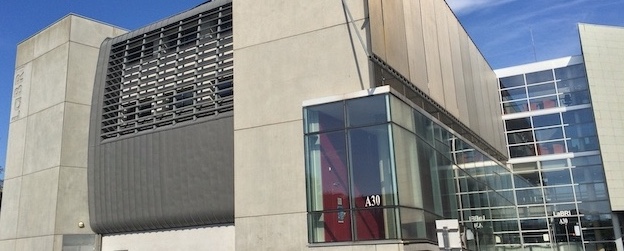
My main research activities are conducted at the LaBRI laboratory (see picture above). My interests are on propositional-based reasoning, SAT solving and
efficient Prime Implicates generation / Knowledge Base Compilation with a strong appetite on experimental study of AI tools (SAT Solvers essentially). I used to work
on decentralized approaches of some of these topics (reasoning
on top of P2P and social networks, and ensuring diagnosability of designed systems). Since a few years, I am working on trustworthy AI, especially in the context of critical decisions or when an explanation is needed. To tackle these problems, logic / formal methods will be essentials.
About the Glucose SAT solver
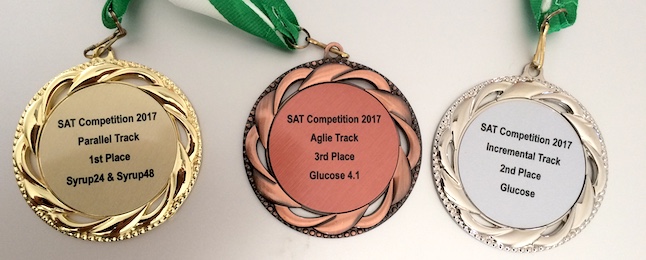
Glucose is a SAT solver based on a particular scoring scheme for the clause learning mechanism, based on the paper Gilles Audemard and I wrote at IJCAI’09. Solver’s name is a contraction of the concept of “glue clauses”, a particular kind of clauses that glucose detects and preserves during search. Glucose is heavily based on Minisat, so please do cite Minisat also if you want to cite Glucose.
There is a dedicated page for the solver. In 2022, we decided to reboot it with the glucose 5.0 version.
What is SAT?
SAT is a fundamental problem of computer science that, intuitively, captures all the easiest of the hard problems. Hard problems mean problem that cannot be solved efficiently (you'll need more time than the universe had on large problems!). If you want to read more about it, why not taking your with the Wikipedia page about SAT ?




